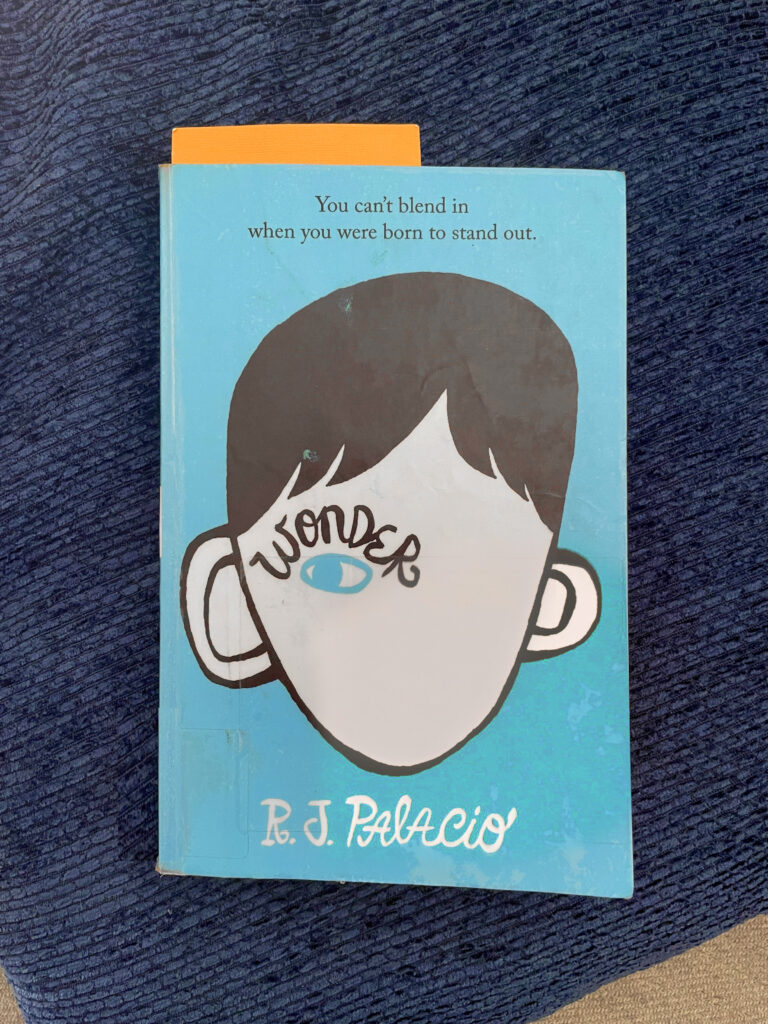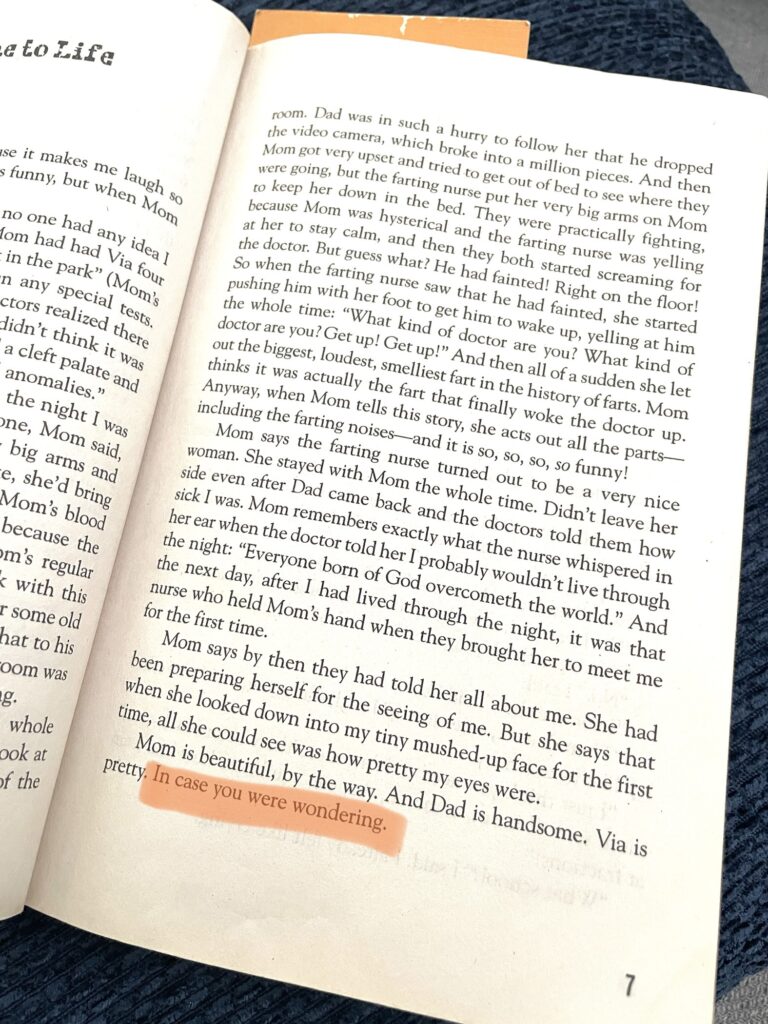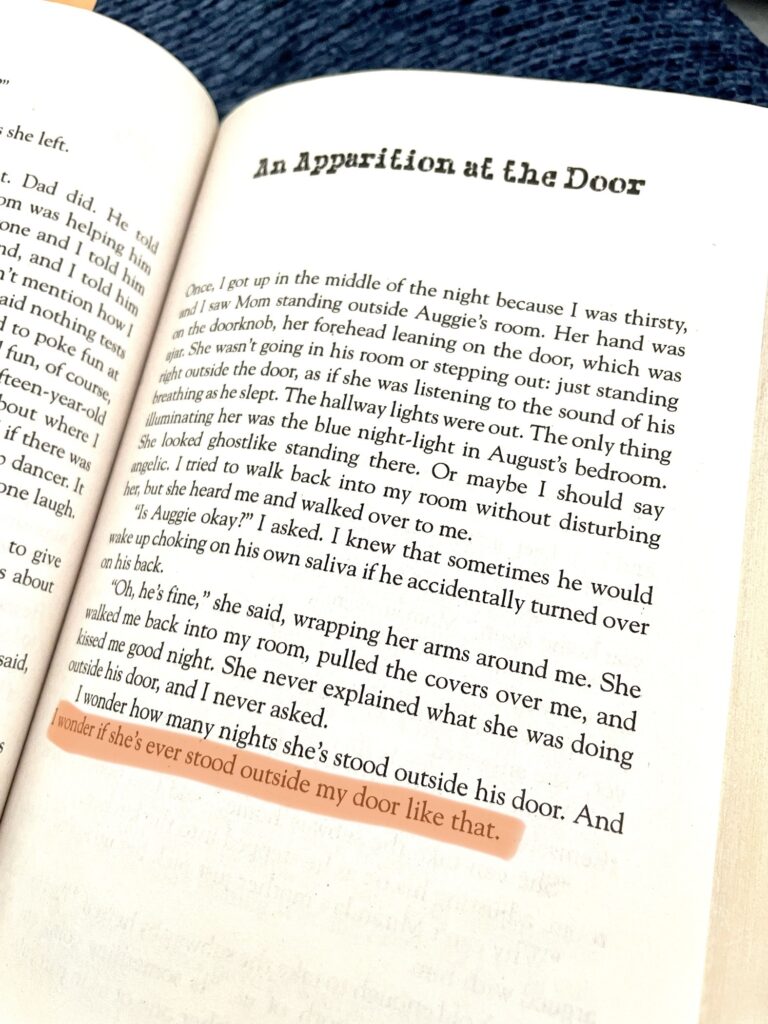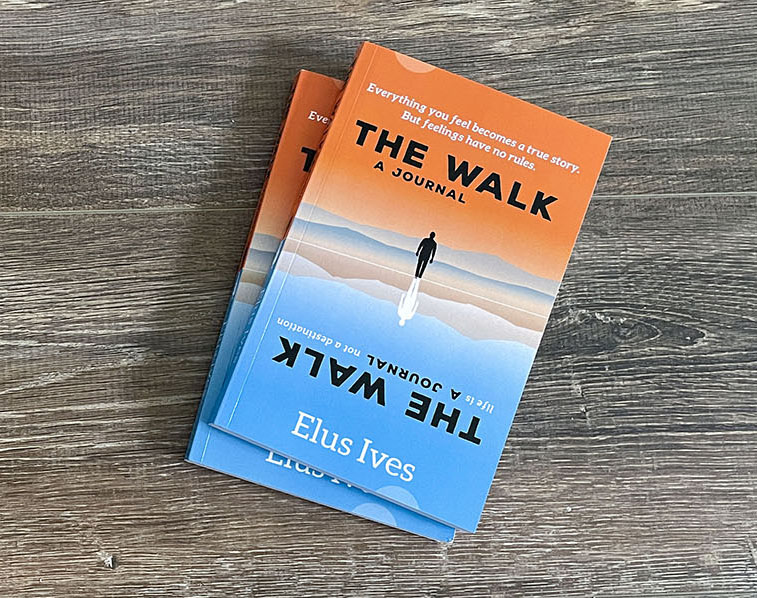Book review: Wonder by RJ Palacio
Book review: Wonder by RJ Palacio

I finished Wonder by RJ Palacio.
Let me rephrase: I started and finished Wonder by RJ Palacio – in one day.
(Note: I don’t review with a star rating. Those are useful, but working them out doesn’t come naturally to me. I review according to what I thought, or how I felt, or what stood out for me.)
Yes, this is a kids’ book. And no, I’m not a kid.
But there is something refreshing about reading a book we know was intended to stimulate a younger mind. It can speak to a part of our imagination or our learning process that goes dormant in some way when we grow up.
I don’t mean that I go out of my way to read 20-page rhyming picture books, the kind that parents read to their kids at bedtime. Not that there is anything wrong with that, I guess.
But we all know that there are classics in kids’ focused literature – think The Hobbit, or Harry Potter and the Philosopher’s Stone – that grab attention and are just as satisfying for an adult reader.
Was it an interesting read? Yes
In the end, did I like it? Yes.
Did I love it? Mostly, yes.
Did it inspire me? Yes!
Wonder is about August ‘Auggie’ Pullman, a kid with an unpronounceable, rarer-than-rare, glaringly evident physical difference. And as it’s pointed out in the story, this is a difference – not a disability.
This is the story of Auggie’s first experience of going to a public school with other kids, making friends, and crossing thresholds he has to cross but would have never chosen to go anywhere near. Pretty deep stuff for a ten year old – but told with a simplicity and an honesty that comes across as both refreshing and believable.
And that is the first strength of this book (oh, there are 4 of them that stuck with me): The writing is clear, unadorned, and every event and emotion is told in a straightforward way. Almost as if we as the reader’s has enough to think about as we’re trying to picture Auggie’s facial differences and the complexity of how this can come to be, that we don’t need more complexity or linguistic trickery on top of that. It’s if Palacio allows us to come on the journey, tells us what things happen and how that feels, and somehow we just get to feel it.
There is an interesting technique used at the start of the book – each short mini-chapter ends on an impactful, mic-drop line that is tightly written and leaves you satisfied and yet wanting more. This does not continue through every chapter as the story finds its pace and chugs along, but you kind of wish these endings would come back now and again.

I didn’t know much about the book, and assumed it would be told in the first person, in Auggie’s voice. Turning a page and realising Auggie had his say, but others in the book now had their turn – Via his sister, or Jack his new friend – suddenly made the book deeper, richer, more real. And that is the second strength of this book: you might relate to Auggie and being different, or you might relate to someone else and how their life is impacted by the unpronounceable syndrome affecting Auggie. But immediately you feel, I just know I will identify with someone in this story, even if you don’t yet know who it will be. And that is probably the reason I read through in one day. I guess I was looking to see whose feelings might mirror my own.
This book is about people. Auggie might look different, but everyone is unique and gets to feel what they feel, and that concept comes through. Every character gets to have a viewpoint about another, or make mistakes, or rise above their own challenge. Real life continues even when someone uniquely significant like August Pullman is at the centre of it.

The third strength of this book is a single character. And one I can’t say much about without adding a spoiler. Miranda is Via’s best friend, and is given little room to grow in this story. But her mere presence makes the story better than it would have been without her, lifting it up to being both more real and a little more wondrous at the same time. Thats all I’m going to say about that.
The fourth thing that I found strong, and we as writers can take inspiration from, is that the story never grows from being a kid’s story into a heavy or dramatic learning experience for adults. It stays young even as it shows you its themes, and imparts its wisdom. It doesn’t close doors. It leaves you feeling that in life we learn as we grow, so the best is yet to come.
After I read Wonder, I learned there are other books by the author in this series. And there is no way I’m missing out on reading them!
Elus Ives
Love to read 'different'?
Try my surreal, deep, unique book: The Walk

